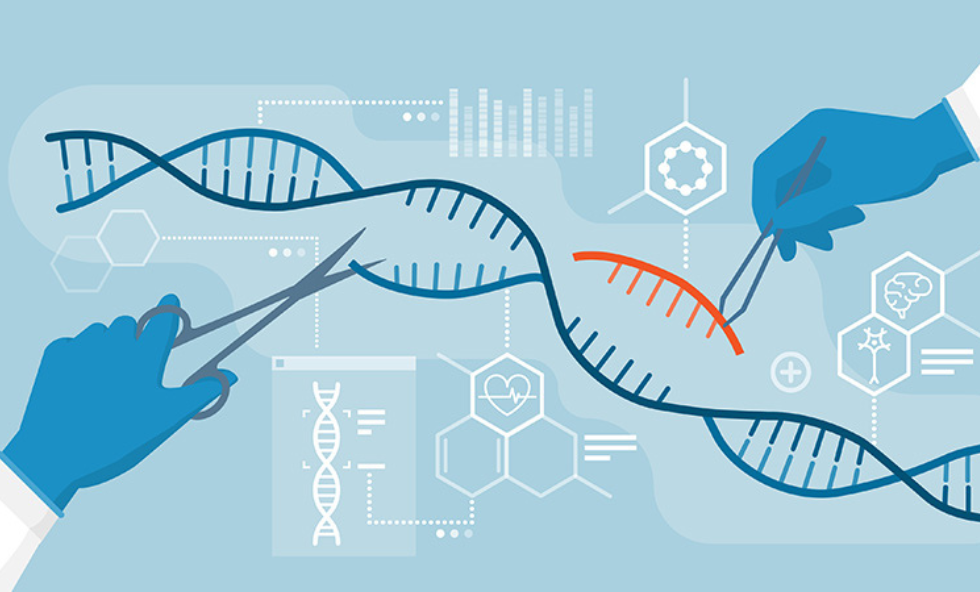The Medicines and Healthcare products Regulatory Agency (MHRA) has given its approval on a groundbreaking treatment that aims to cure sickle-cell disease and blood transfusion-dependent Beta-thalassemia. It is cleared for patients who are of the age 12 or more, the treatment which is known as by the name of Casgevy (exagamglogene autotemcel), uses the revolutionary gene-editing tool CRISPR.
Sickle cell disease and Beta-thalassemia arise from genetic glitches impacting the hemoglobin-producing genes within the RBCs. Sickle cell disease is prevalent among individuals with African or Caribbean ancestry, while βeta Thalassemia primarily affects those of Mediterranean, south Asian, southeast Asian, and Middle Eastern descent.
These conditions cause intense pain, life-threatening infections, and anemia due to the inability of red blood cells to effectively transport oxygen. Patients often require frequent blood transfusions and lifelong medical interventions.
 Source: The Healthcare Daily
Source: The Healthcare Daily
Casgevy targets the flawed gene in a patient’s bone marrow stem cells, aiming to prompt the production of functional hemoglobin. The process involves extracting stem cells, editing them in a lab, and reintroducing them into the patient, potentially offering a lasting impact.
Julian Beach, who is the Interim Executive Director of Healthcare Quality and Access at the MHRA, highlighted the significance of this development. He emphasized the limitations of existing treatments, primarily bone marrow transplants, which come with compatibility risks and potential rejection. The approval of Casgevy introduces an innovative and groundbreaking solution that, in trials, has shown promise in restoring healthy hemoglobin production, alleviating symptoms, and possibly offering a permanent remedy.
John James OBE, Chief Executive of the Sickle Cell Society, acknowledged the weakening nature of sickle cell disorder, welcoming the authorization of a safe and effective treatment that holds promise for improving the lives of many affected individuals.
In clinical trials, Casgevy demonstrated encouraging results. For sickle-cell disease, 97% of eligible patients were free of severe pain crises for at least 12 months after treatment, while for transfusion-dependent Beta-thalassemia, 93% did not require red blood cell transfusions for a similar duration post-treatment, with some experiencing a significant reduction in transfusion need.
 source: thehealthcaredaily
source: thehealthcaredaily
The treatment’s side effects mirrored those associated with autologous stem cell transplants, encompassing nausea, fatigue, fever, and a heightened risk of infection. However, no significant safety concerns arose during the trials, with ongoing monitoring by the MHRA and the manufacturer.
Casgevy’s administration involves extracting and editing stem cells before reintroducing them into the patient’s bone marrow following conditioning treatment. Hospitalization for around a month may be necessary for the modified cells to integrate into the bone marrow and commence production of stable hemoglobin-containing red blood cells.
The decision to authorize Casgevy underwent a thorough review by the Commission on Human Medicines, an independent scientific advisory committee, ensuring a rigorous assessment of available evidence.
As trials continue, further insights into the treatment’s efficacy and safety will be revealed, that will shed more light on its potential to revolutionize the management of these debilitating conditions.





